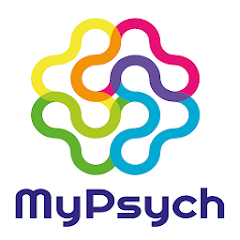- Ensure that medication is required for continuing active treatment of an ongoing condition or to prevent deterioration of physical/mental health. For example, thyroxine treatment.
- An analysis of the risk/benefit of staying on medication required to be administered covertly should be undertaken. Medication that may be increasing the side effect burden without providing immediate health benefits should where appropriate be withdrawn. The decision to do this or not will be dependent on each patient's individual circumstances and medical history.
- Modified release preparations generally cannot be given covertly.
- Generally unless otherwise stated crushed tablets or the contents of opened capsules can be mixed with soft cold foods. Ideally around a teaspoons size of food and (smooth, lump free) jams/chocolate spreads being the best medium.
- Medicines that are crushed or mixed should be administered immediately.
- Liquid preparations tend to be more expensive and can be strongly flavoured making them more difficult to give covertly.
- Pharmacists preparing advice about the administration of medication covertly should consider cost along with safety.
- If not covered in the A-Z section of the full guidance advice should always be sought from a pharmacy.
- The following link provides further information on the International Dysphagia Diet Standardisation Initiative
Administration of covert medication and in dysphagia

Do not use thickening agents to thicken ANY medicines.
Nutilis Clear®; a gum based thickener is the preferred product in NHS GG&C and is licensed to thicken food and drinks but not medicines.
There is no data about how the thickening agent impacts on the pharmacokinetics of the liquid medication. Therefore crushing a tablet/opening a capsule and mixing with a soft food is generally the best option (where available and recommended in guidance below).
If the patient is aware that the medication is in the soft food, this does not require the use of the covert pathway. This approach is simply making it more palatable and/or safe for patients with swallowing difficulties.
Licensed liquids should only be used if they are of the appropriate fluid consistency without the need for thickener.
Liquid specials should only be considered if thickener is not required and the patient is unable to manage any solid dosage forms.
Liquid specials should NEVER be given covertly (unlicensed medication given in an unlicensed manner) unless the medication is essential and a pharmacist has provided advice stating that this is the most appropriate formulation to give covertly, as part of a covert pathway.
Advice on commonly used medicine may be found in the full guidance.